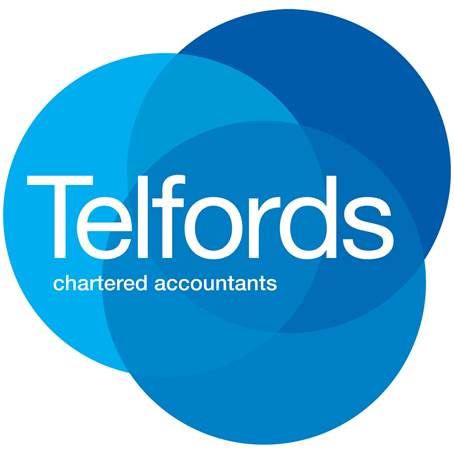The Light Bulb Moment – Bridging the gap between business & personal goals
The five questions every new business owner should ask themselves
We all know that starting a new business is a test of nerve, energy and resilience. But does it have to be? What if there was a way to focus on what we really want to achieve – not just in business but in life too – and find a plan that connects the two. Mark Telford explains how connecting our business and personal goals is the first step on the road to freeing your time, your finances and your mind.

Paul has been one of our clients for a few years. He set up his business, providing services to the healthcare sector, while still working full time for his employer.
Initially he was concerned, quite rightly, that he needed to stay in full time employment; his wife, two children and large mortgage required it.
His business has been growing very successfully; turnover has increased 800% in just three years. He has two members of staff and a team of reliable and skilled contractors working for him regularly.
But Paul was running himself into the ground. He was still working four days a week for his employer, as well as two full days for his own business plus every evening – altogether over 70 hours a week – every week! I’d often get emails from Paul after midnight and then again at 5.30am that morning. I began to wonder if he ever slept!
Things had to change. If Paul carried on working like this he’d either make himself ill, end up divorced or both.
That change started when we had a meeting to review his business (for any accountants reading, this was a Gap style CCR meeting). Paul said to me:
“Mark, I’m quite envious of you, you seem to have the right balance – a successful business, a nice house and you get to spend quality time with your family.”
Now, I’ll be the first to admit I don’t quite have the perfect work/life balance, but I’m definitely heading in the right direction.
I asked Paul a couple of simple questions:
- What his business goals were. He wasn’t really sure.
- What his personal goals were. Easy, he wanted to work fewer hours and spend more time with his family.
I explained how, for me, business goals are a facilitator. They enable me to achieve my personal goals – they’re a vehicle that takes me to where I want to get to in life. And I use a planned approach to do this.
I could see he was interested, so I asked if he’d like to work with me to help him achieve his business and personal goals. The answer was an immediate and enthusiastic, “ABSOLUTELY!”.
So, I met up with Paul and his wife. (They’re a husband and wife business, and even though she isn’t involved every day it’s vital that she’s involved, especially as her involvement will be increasing over the next year).
We talked through their goals and identified:
- The core purpose for the business – why does it exist?
- Their vision for the business – where will it be in five years time?
- Their business goals – how much do they want to earn, who would be their ideal clients, and what are their core values?
- Their personal goals. This is, or at least should be, the real reason why we all work. They can be as simple as more time with the family or financial security for the future. Ultimately, they will aim to achieve the three freedoms: freedom of time, freedom of financial worries and freedom of mind.
- The strengths and weaknesses of the business – and its opportunities.
Together, we then worked out 12 month and 90 day goals and decided on the actions they needed to take to reach them.
We finished the meeting and put a date in our diaries for three months time to meet and review progress. As we wrapped up, I asked Paul if he’d enjoyed the meeting and what he had got from it.
There were several positives, but the one that really stood out was when he said, “This is the first time I’ve ever linked my business goals with my personal goals”.
This was Paul’s ‘light bulb moment’, the realisation that having a business isn’t just ‘work’. It’s a way of helping you and your family achieve what they want at a personal level.
Thought for accountants…
It emphasised to me how important it is that accountants help their clients focus on their personal or ‘life goals’. We’re in the ideal position. This type of business development service should be provided, or at the very least, offered as standard to all our clients.
It isn’t rocket science. Speak to clients, find out what they want to achieve and how you can help them.
The ‘light bulb moment’ for me was when I realised that these types of personalised services should be offered as ‘part of the service’. If you’re the type of accountant who take an interest in their client’s and want them to succeed, it’s simply a natural progression.
Because there’s far more to being an accountant than preparing accounts, tax returns and management accounts.
If you’d like to find out more about business planning and coaching, please get in touch…
- – names changed to protect client identity
